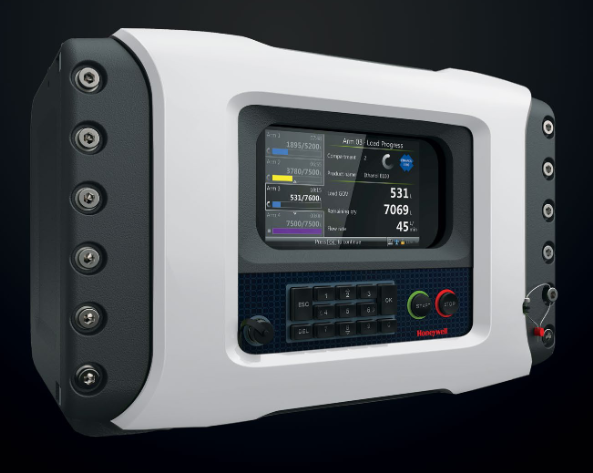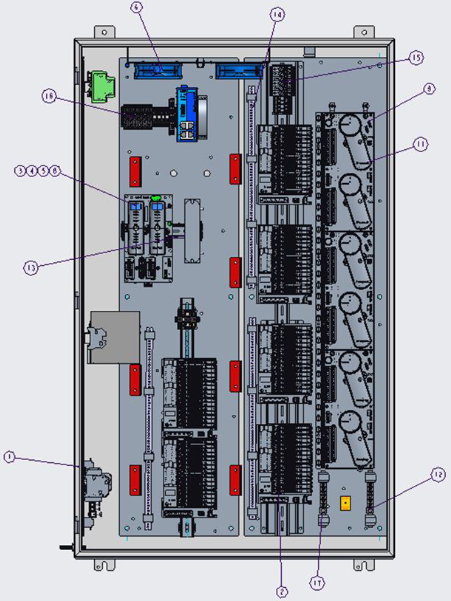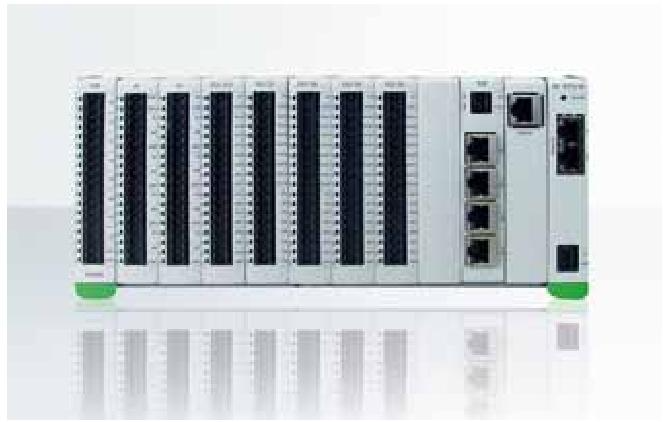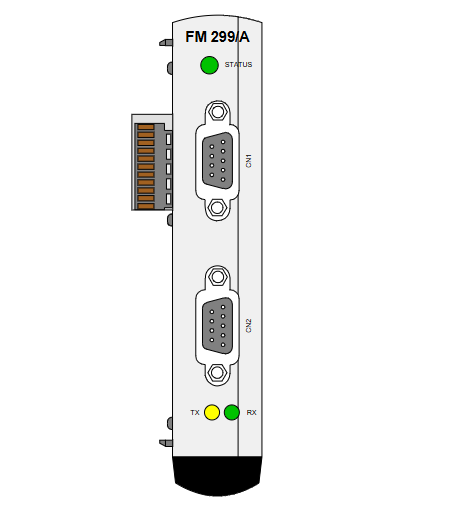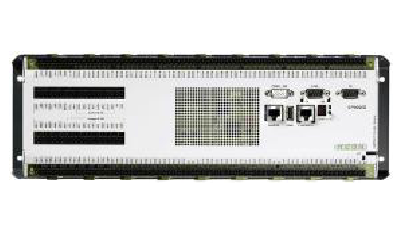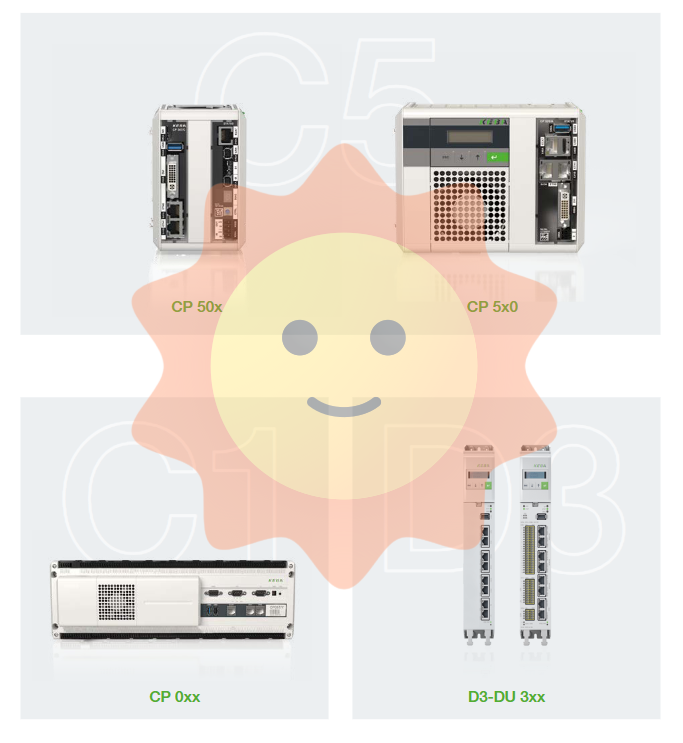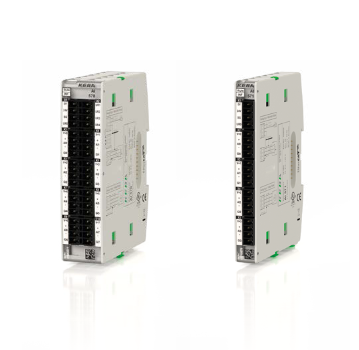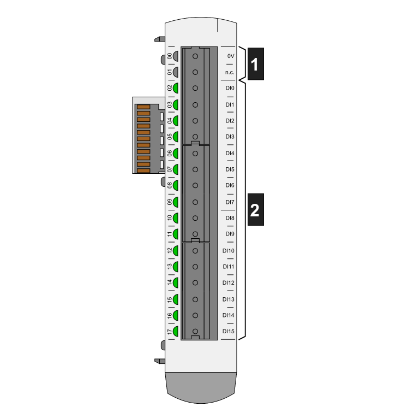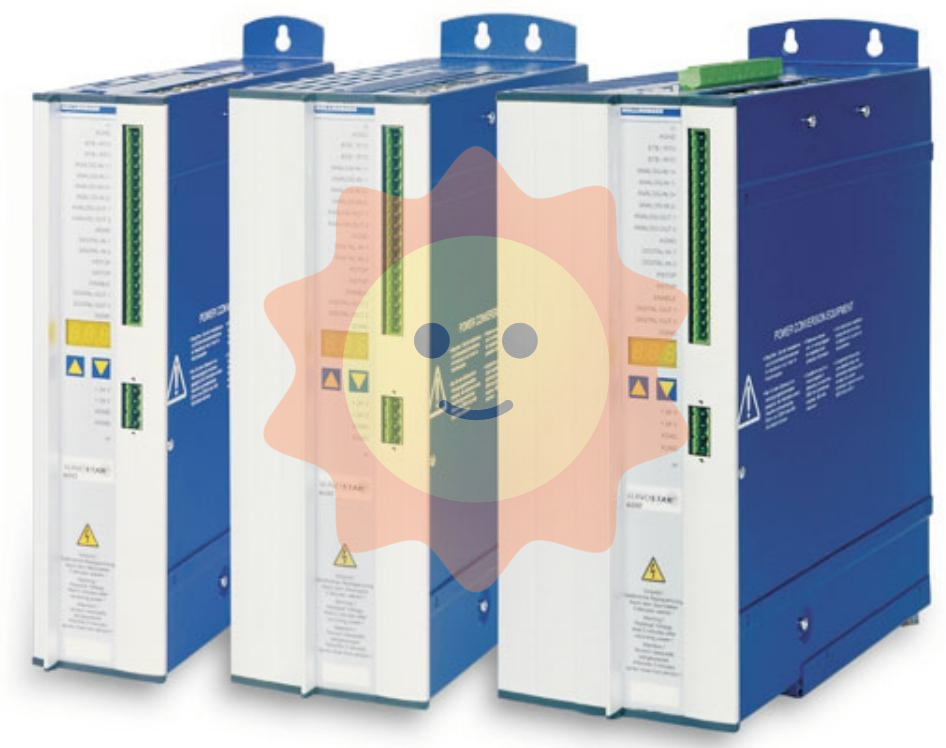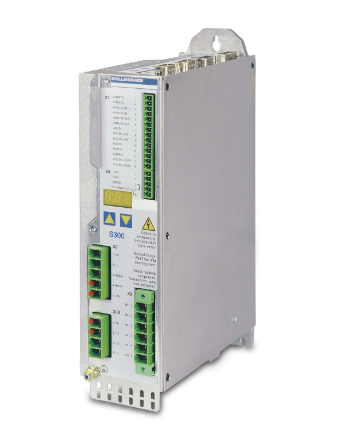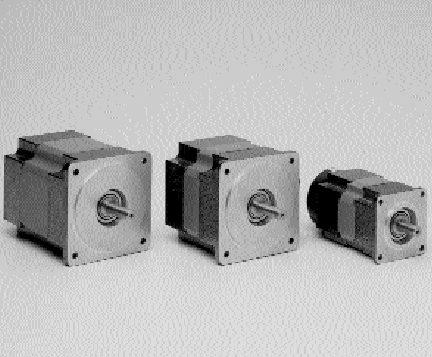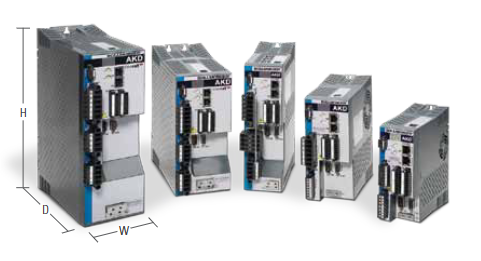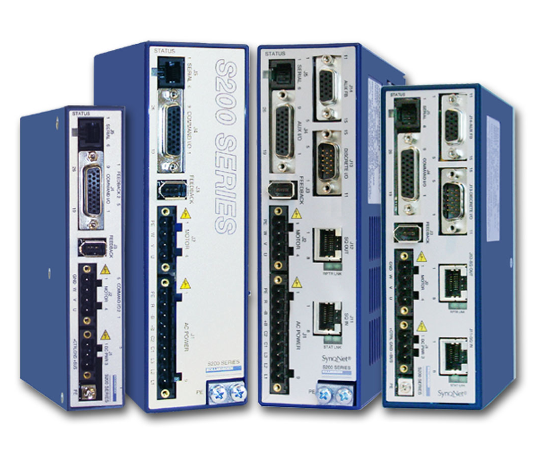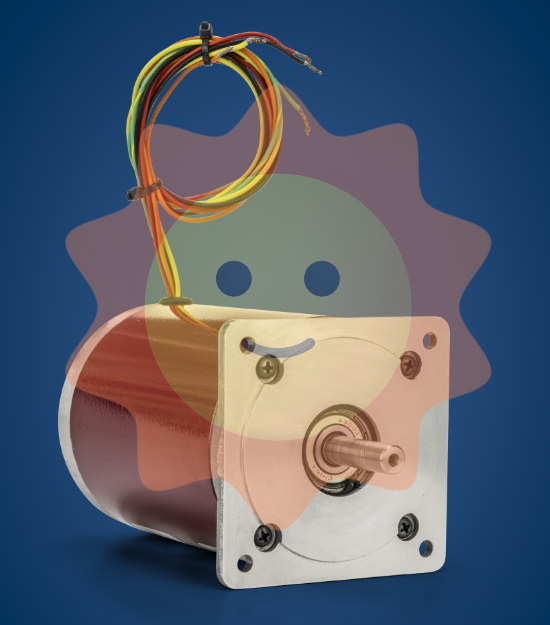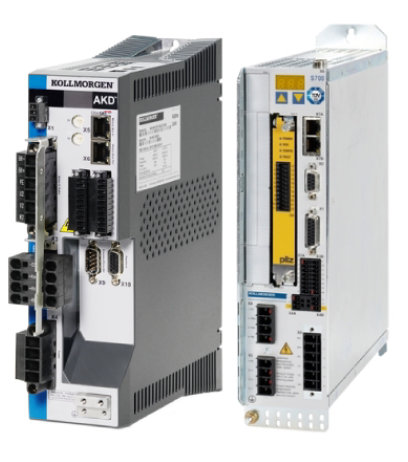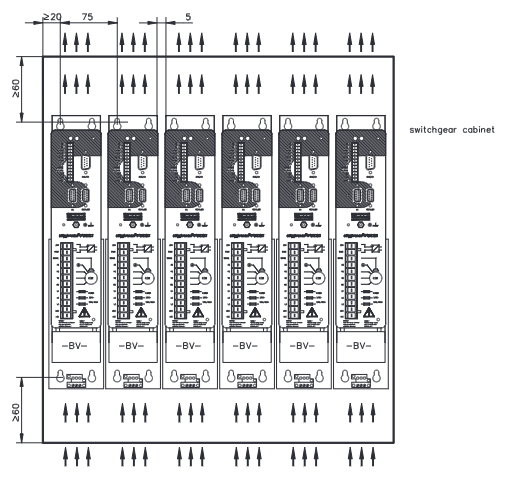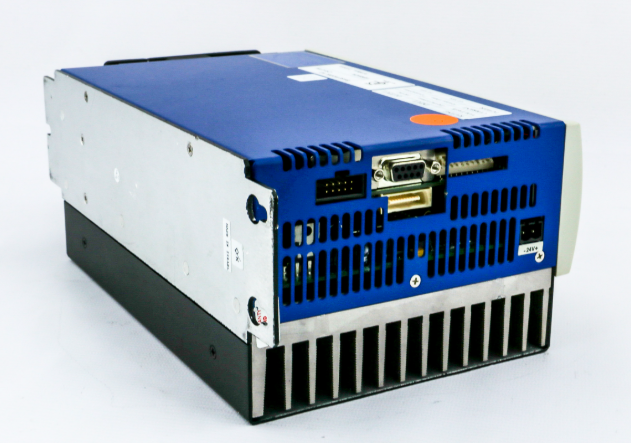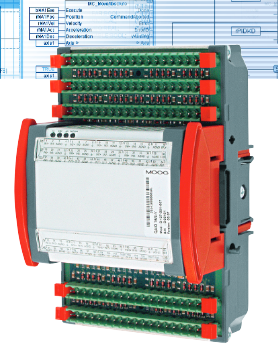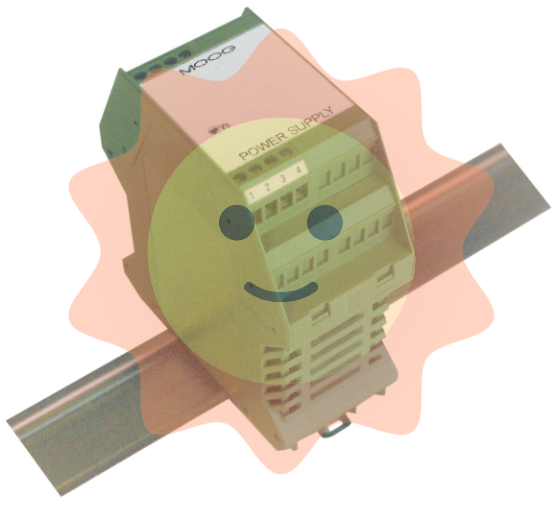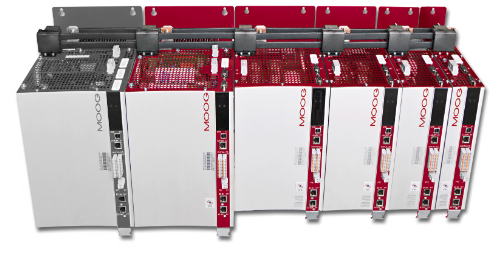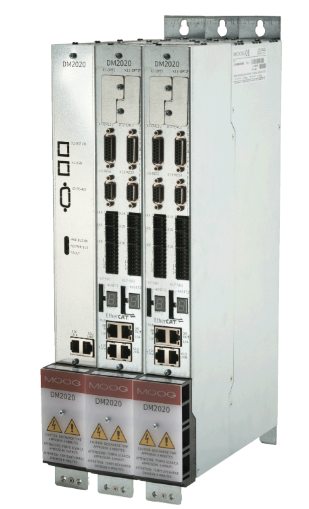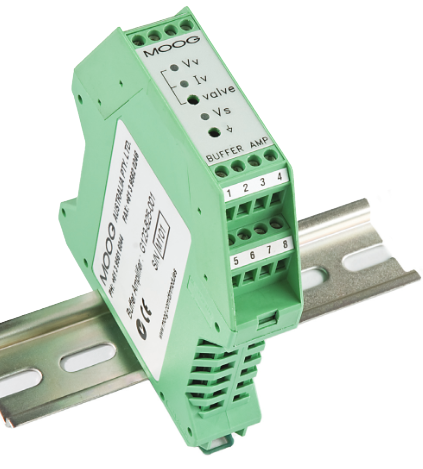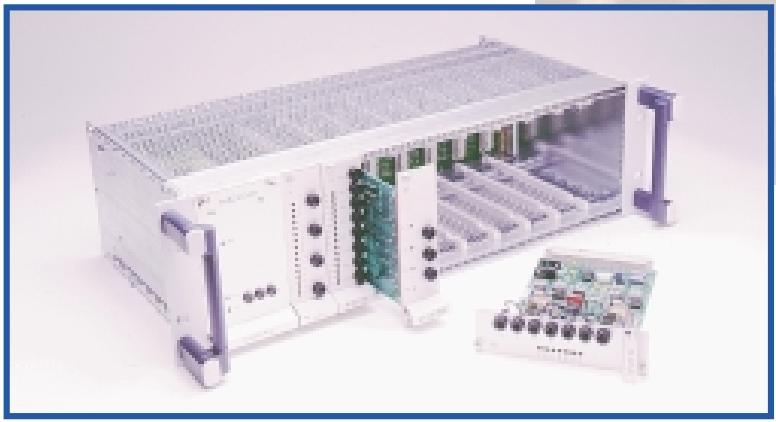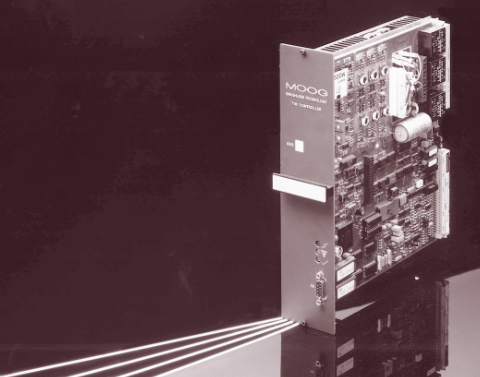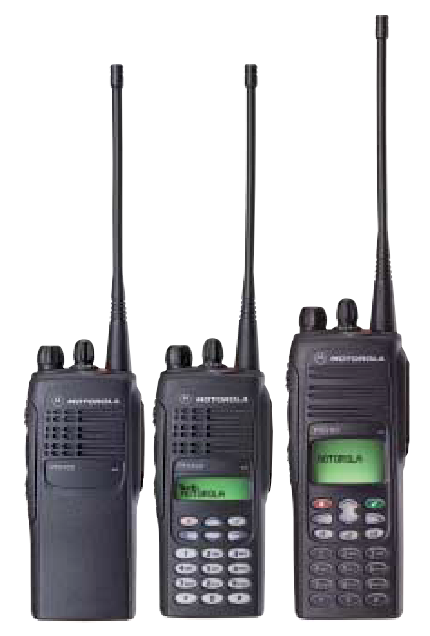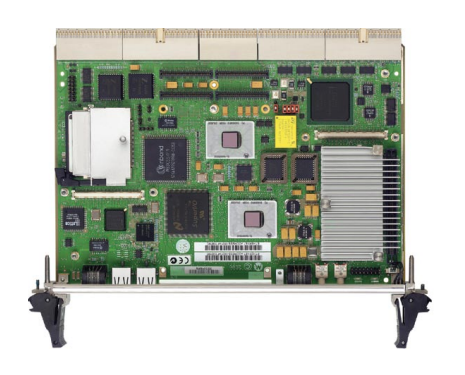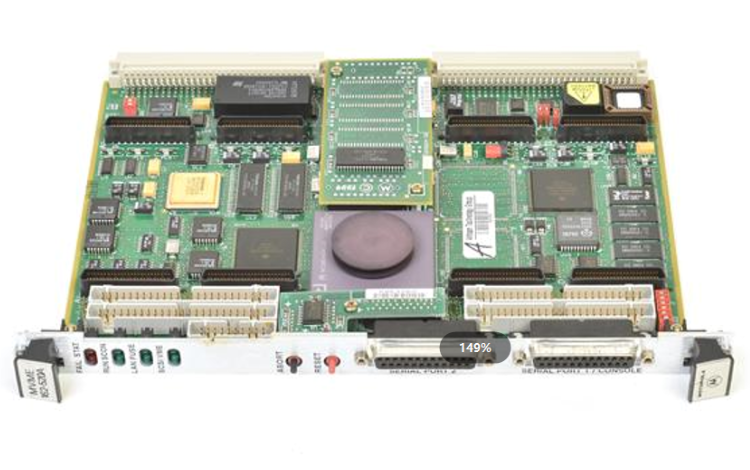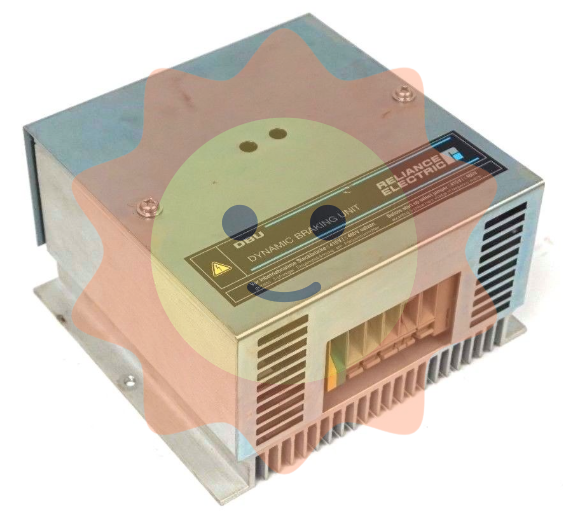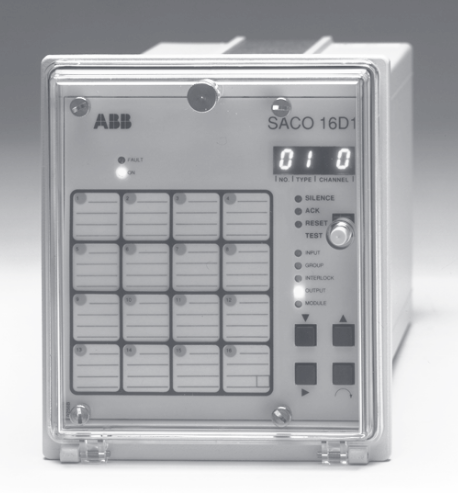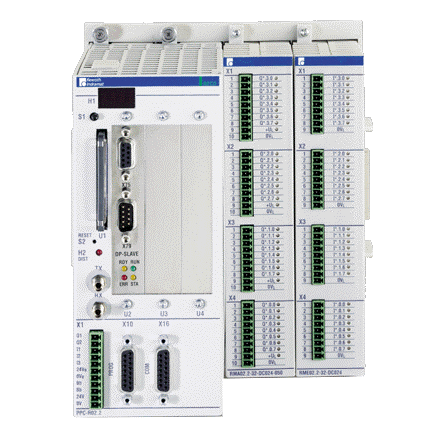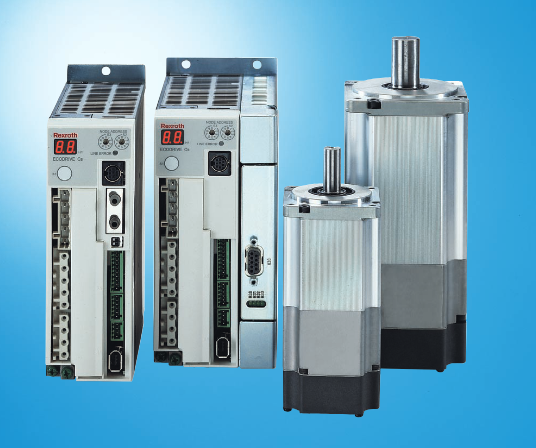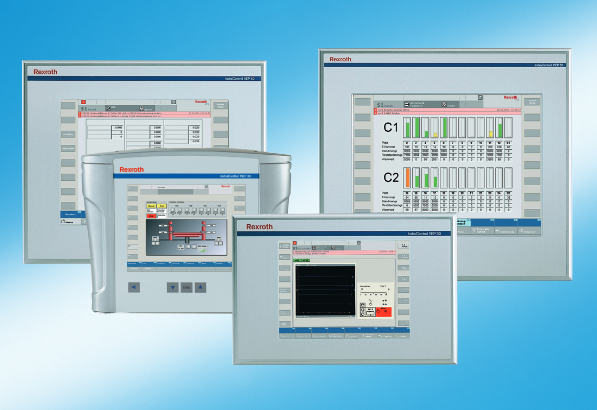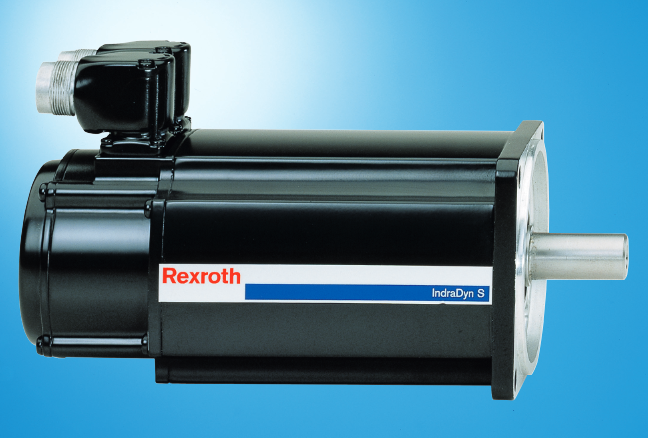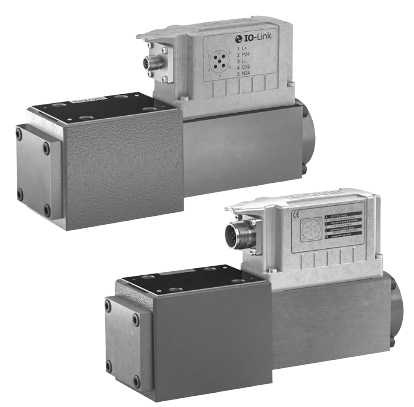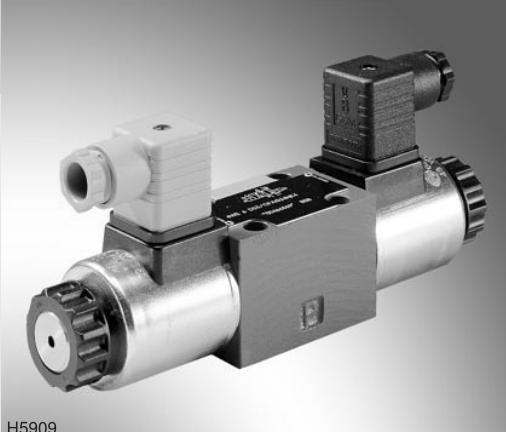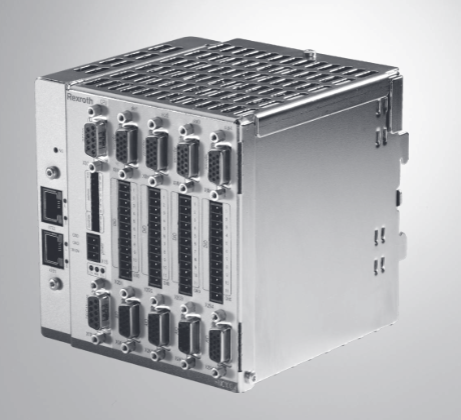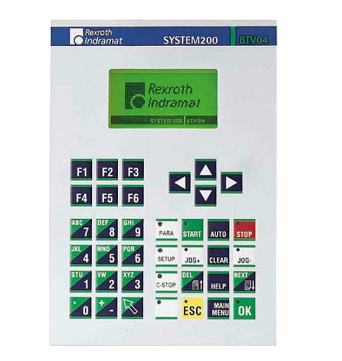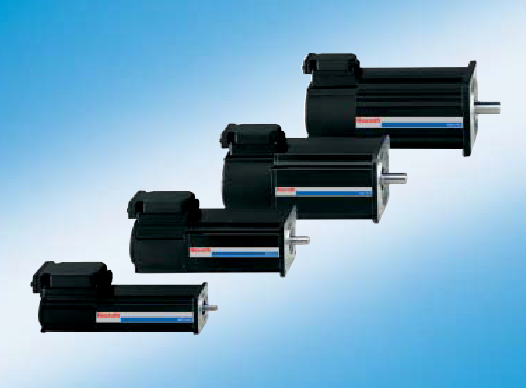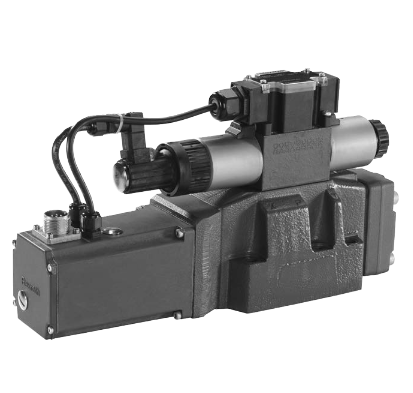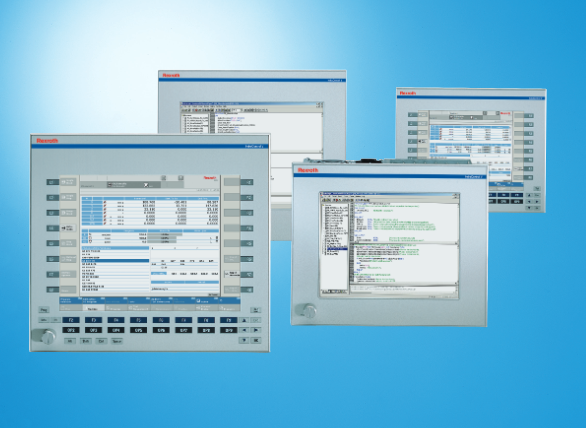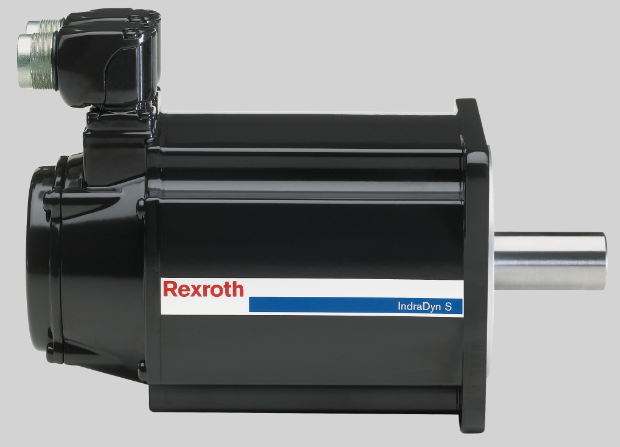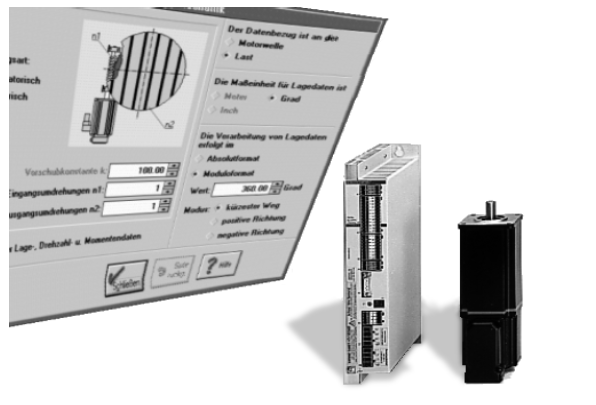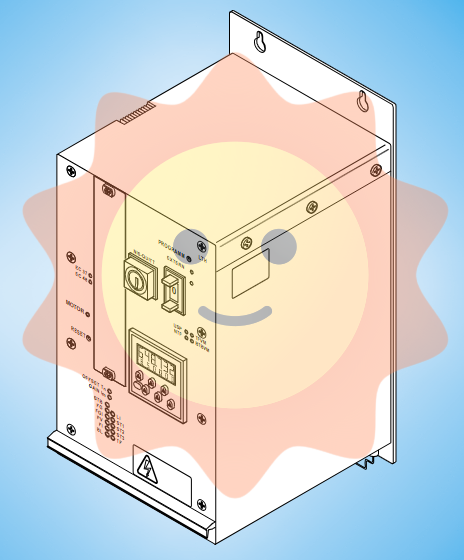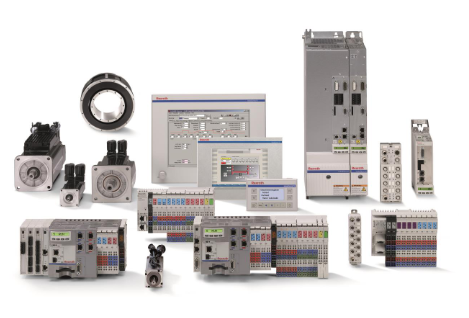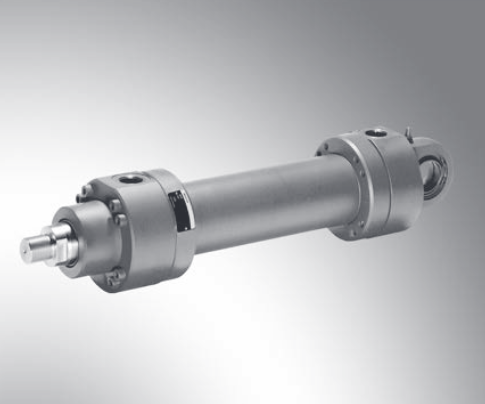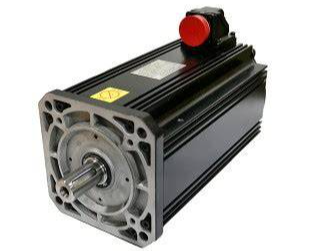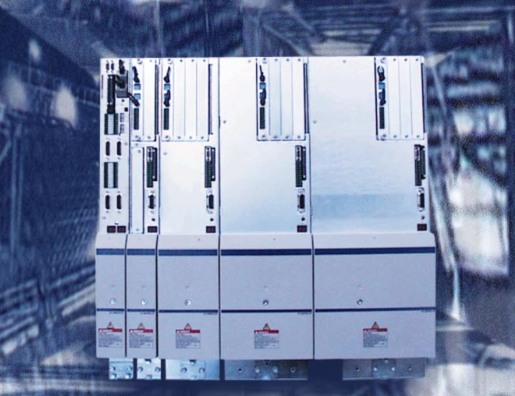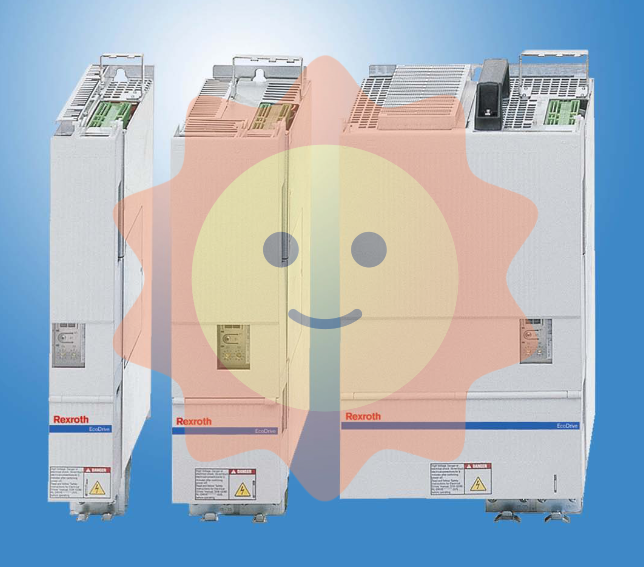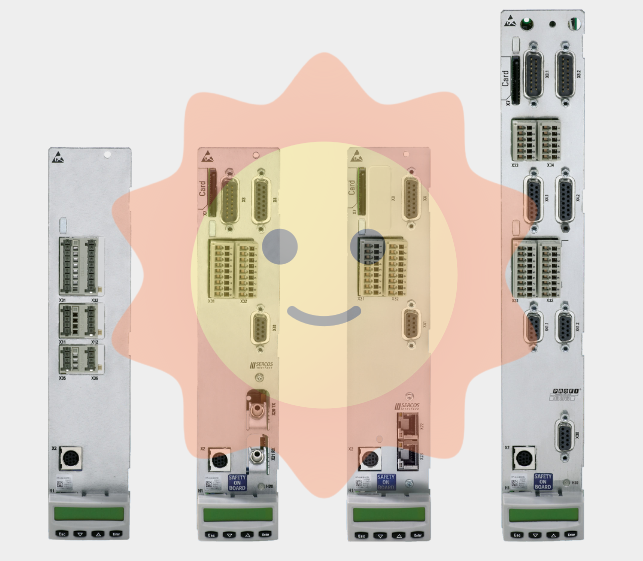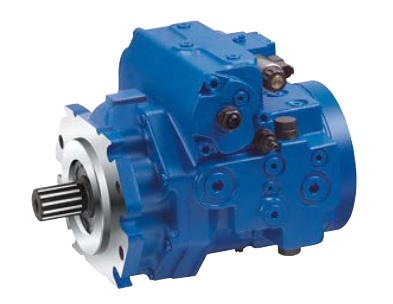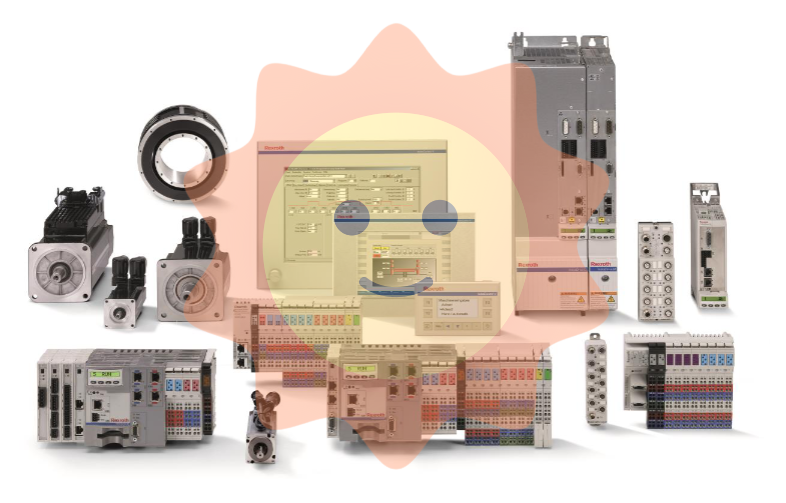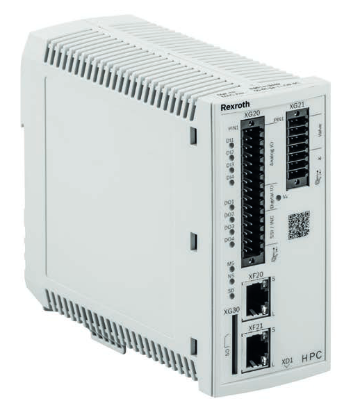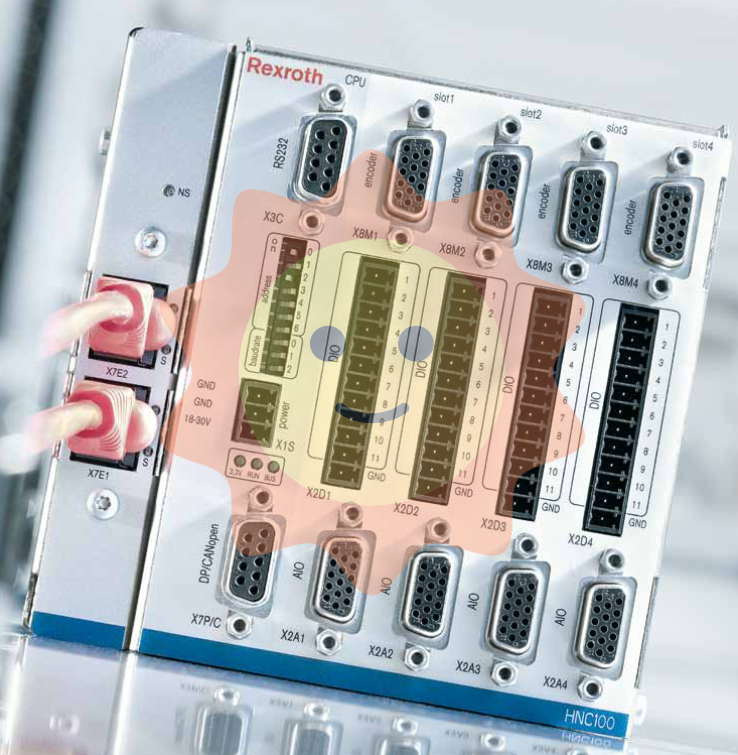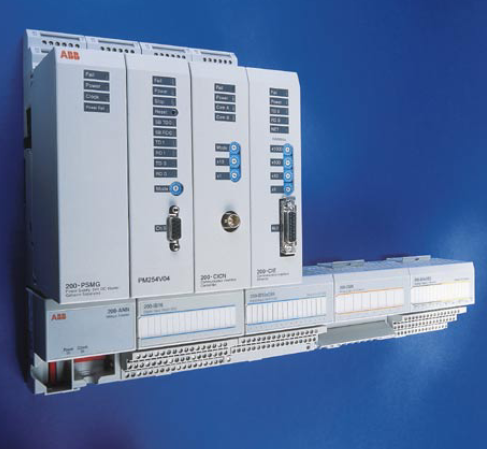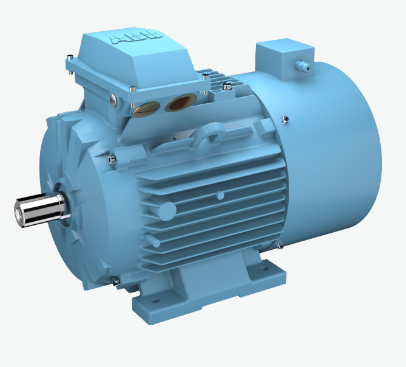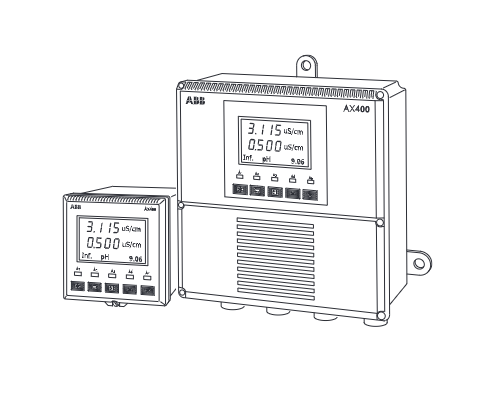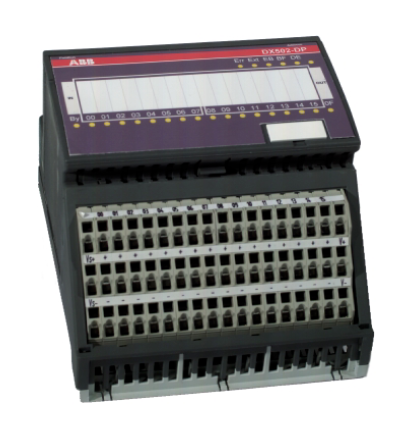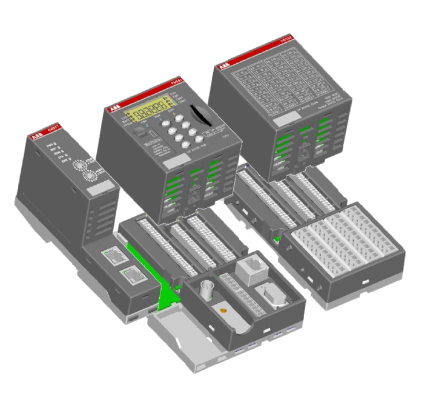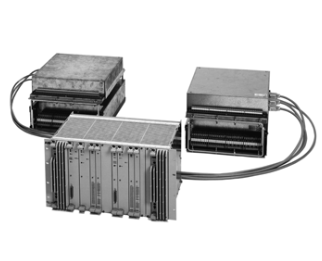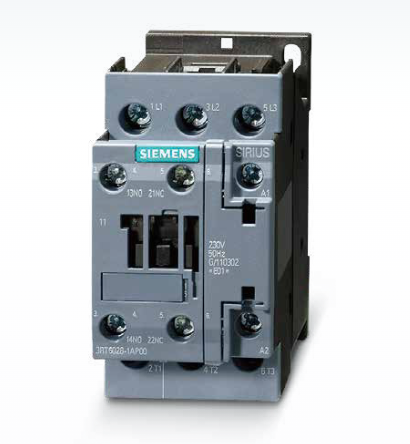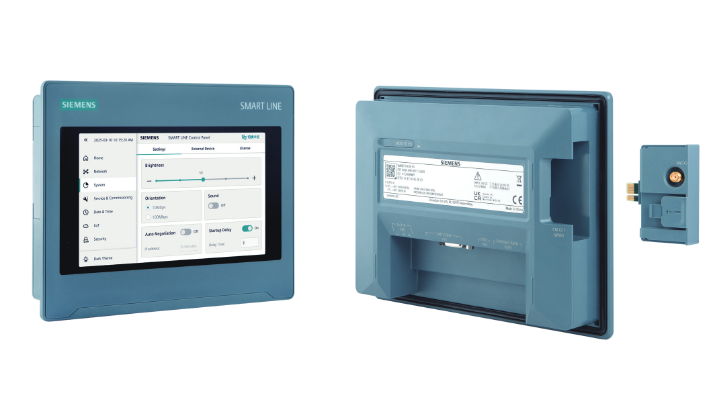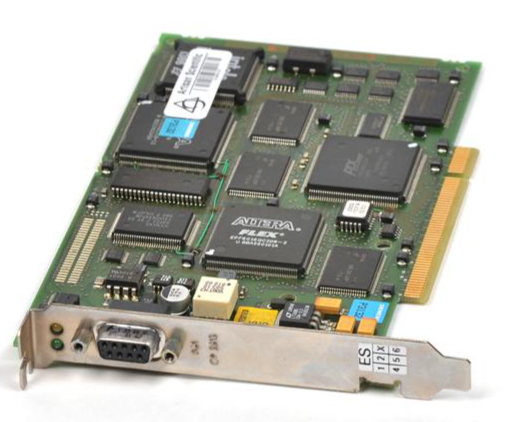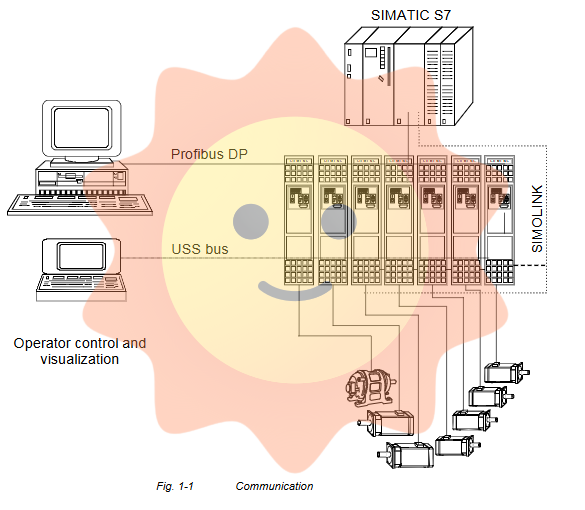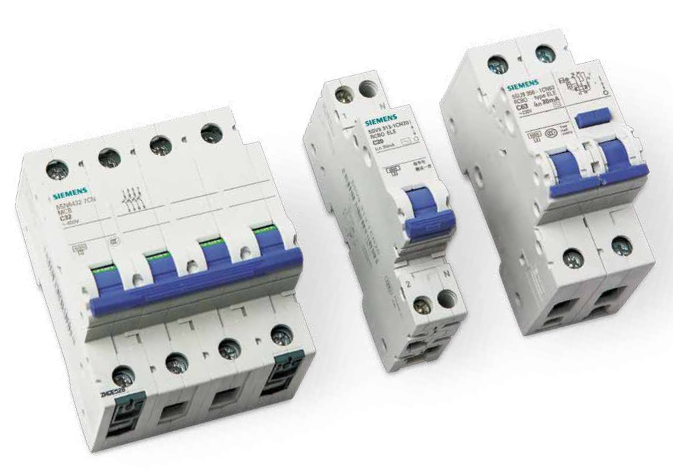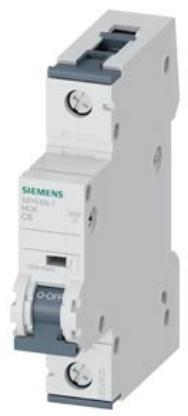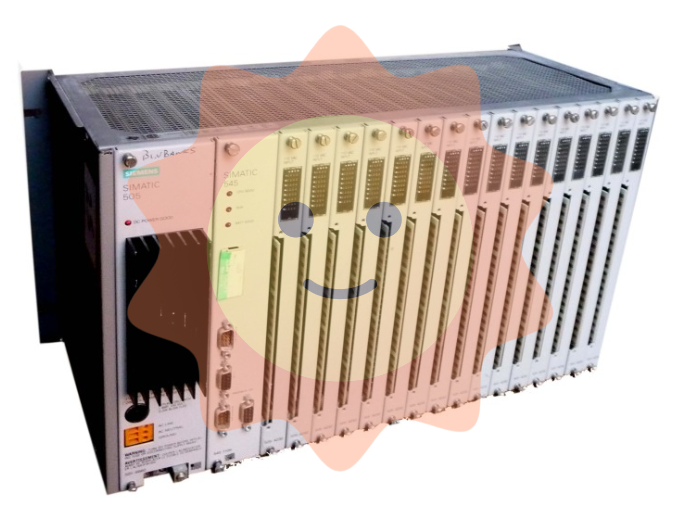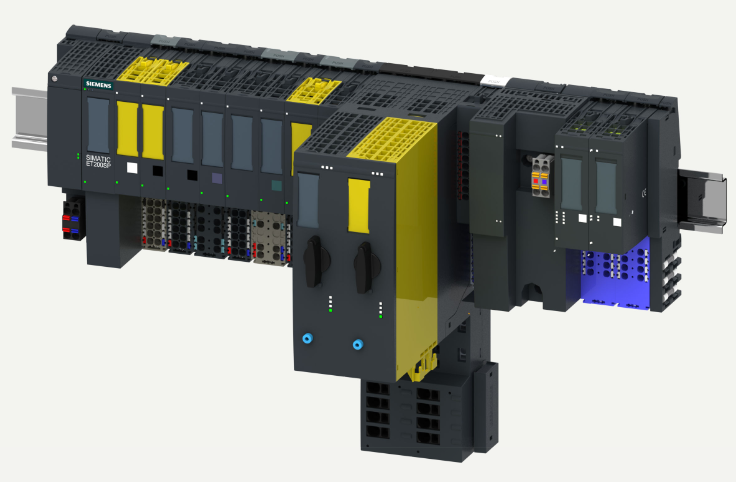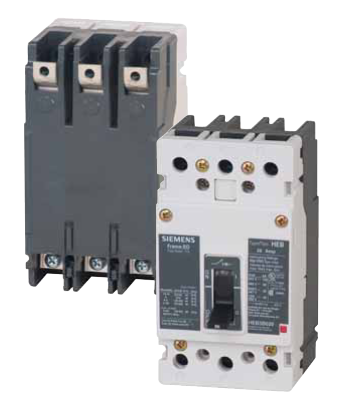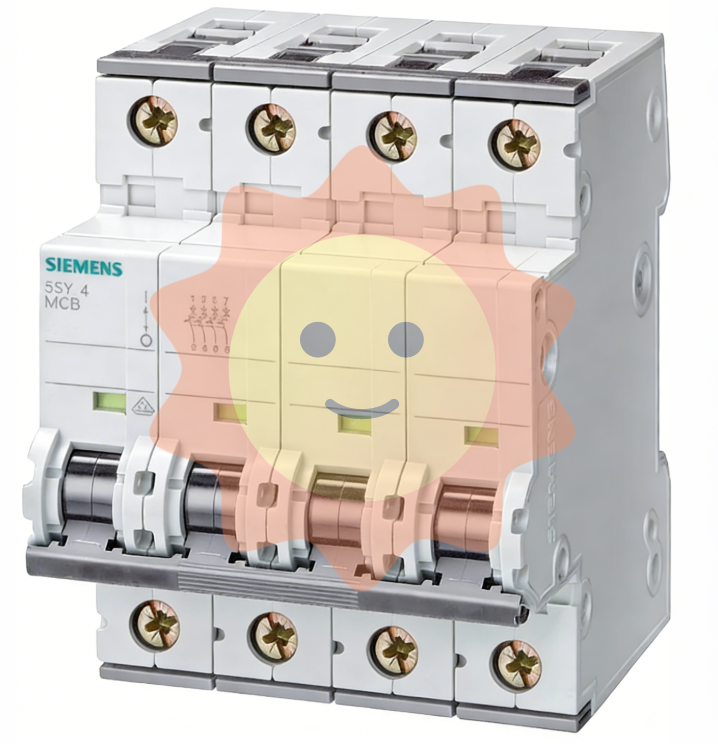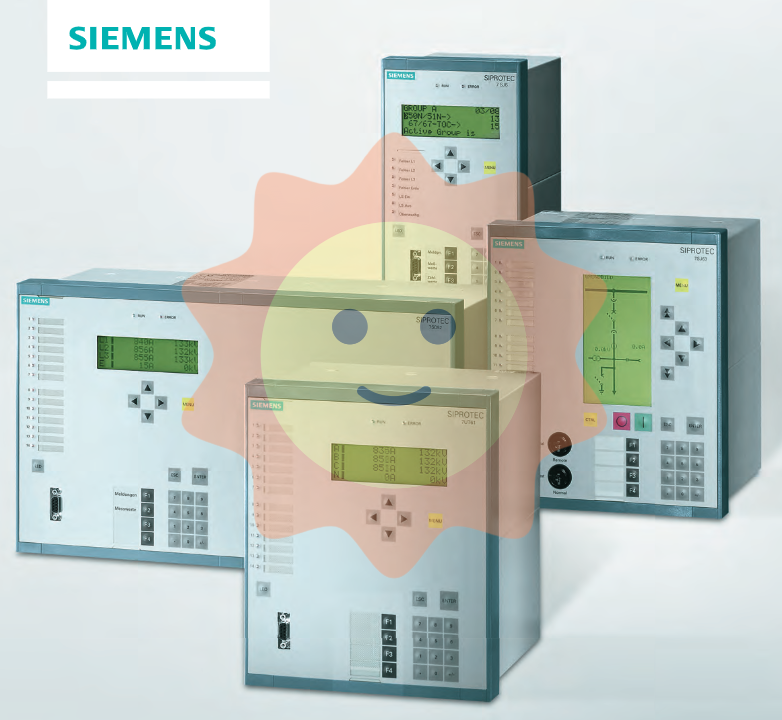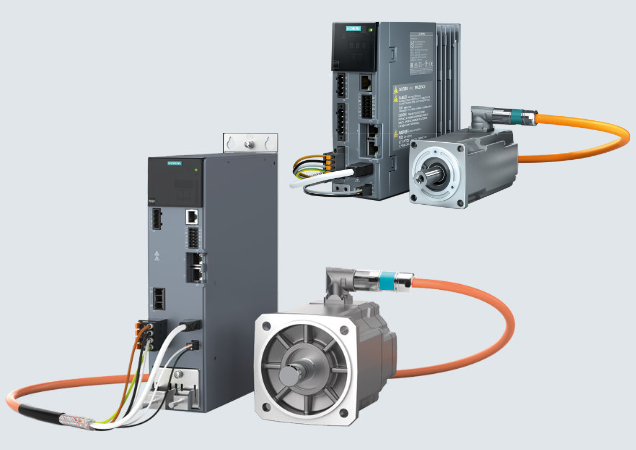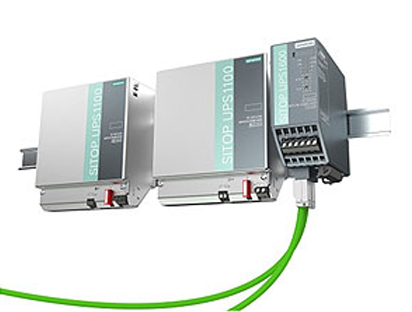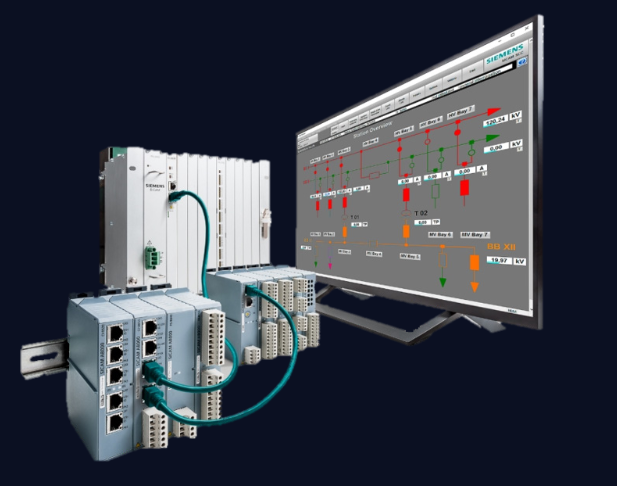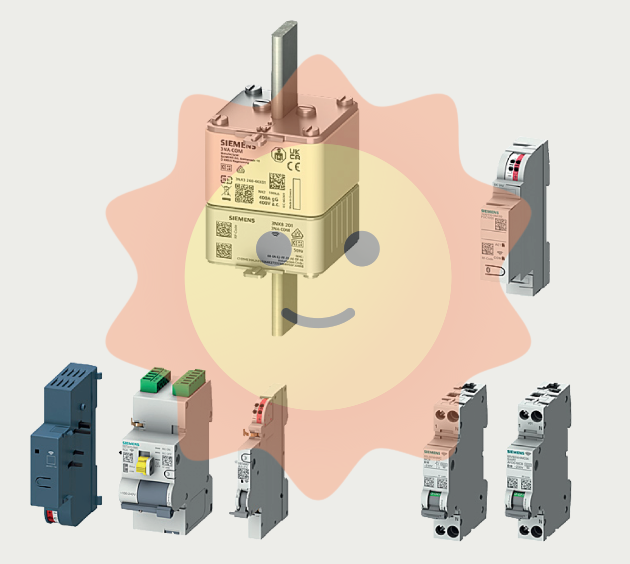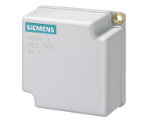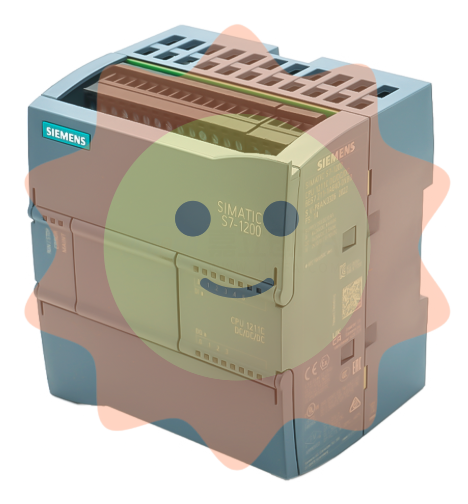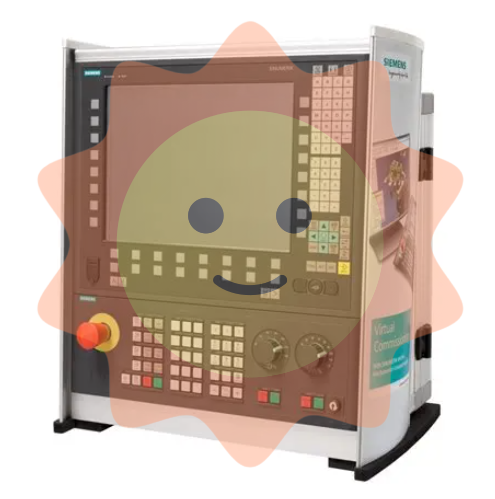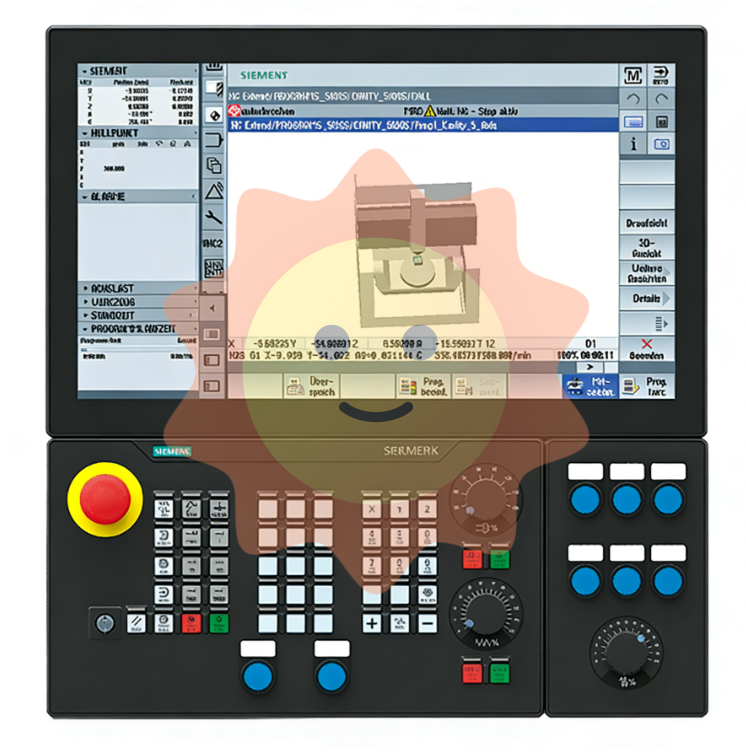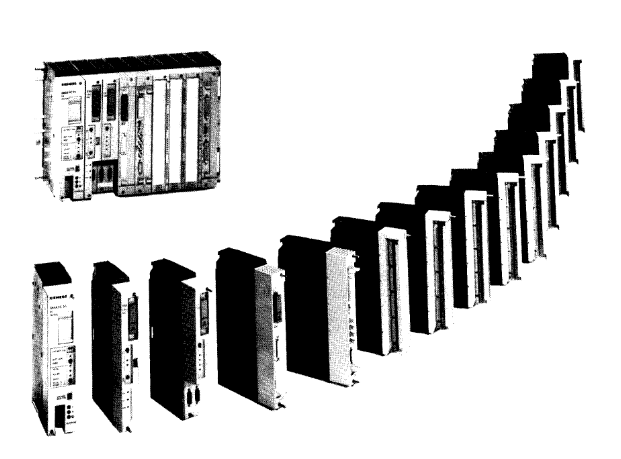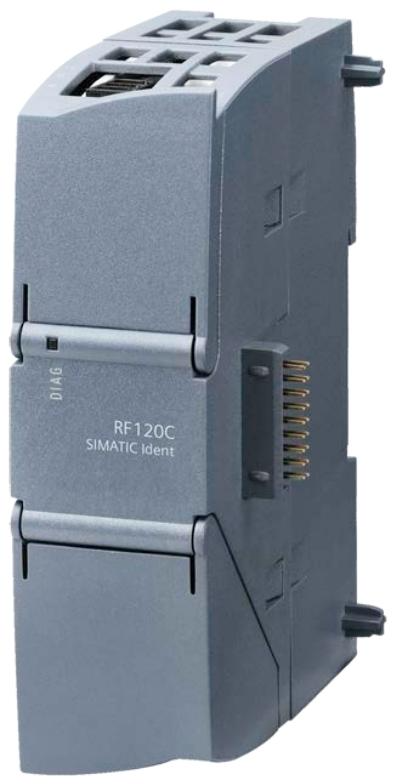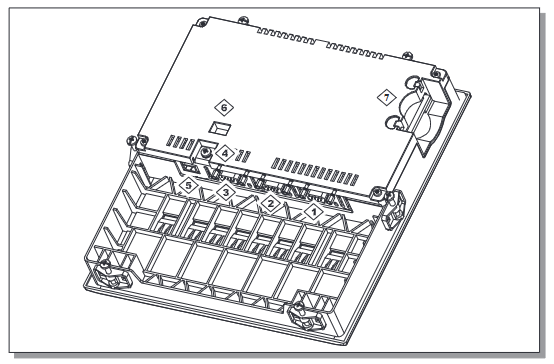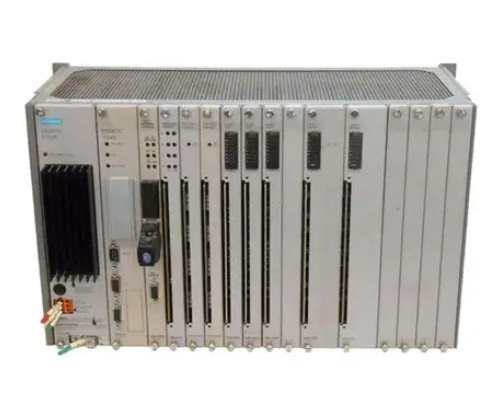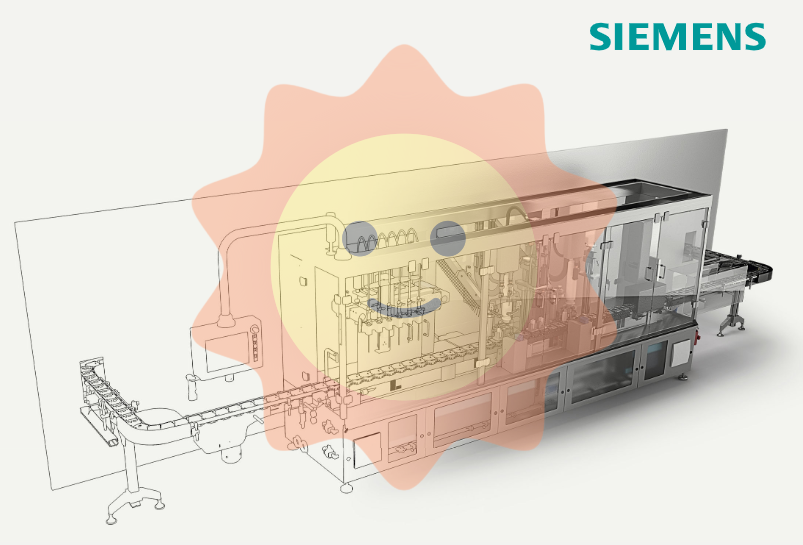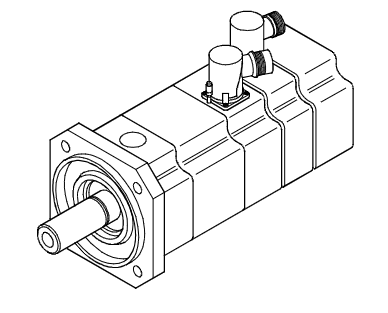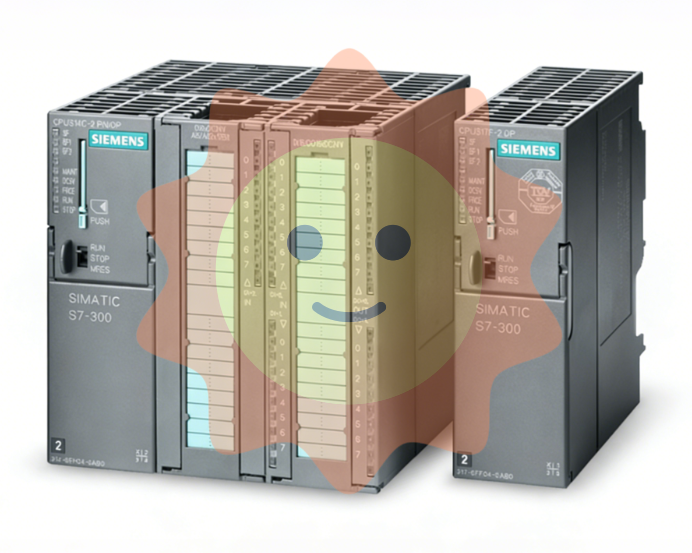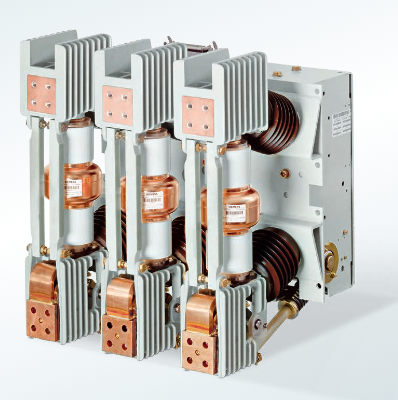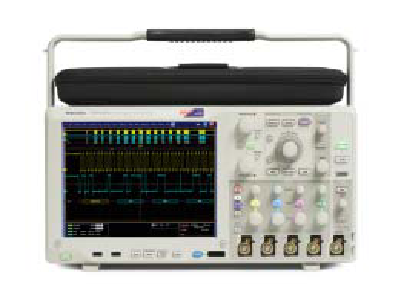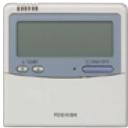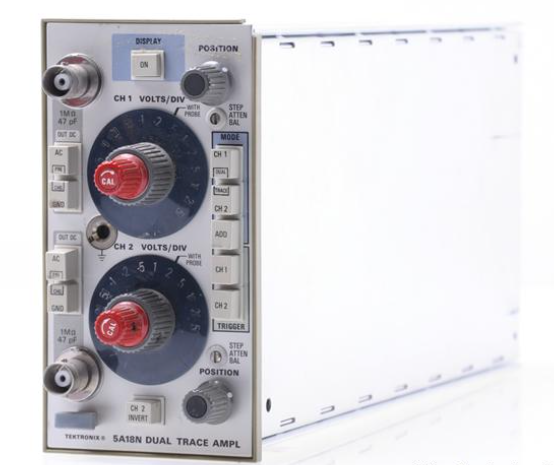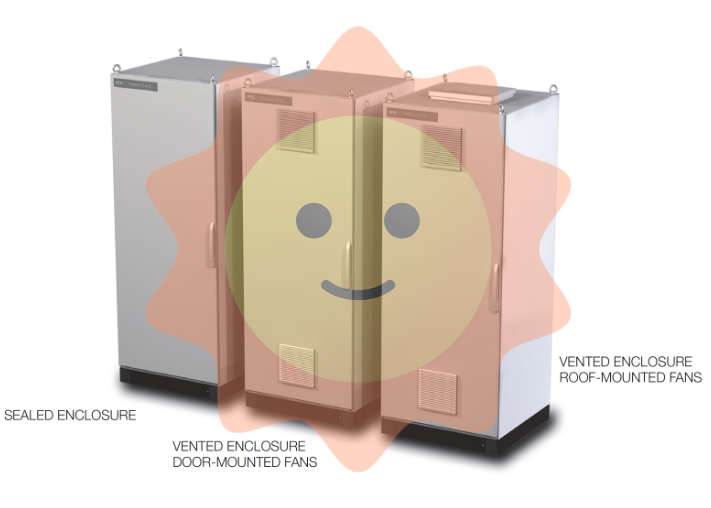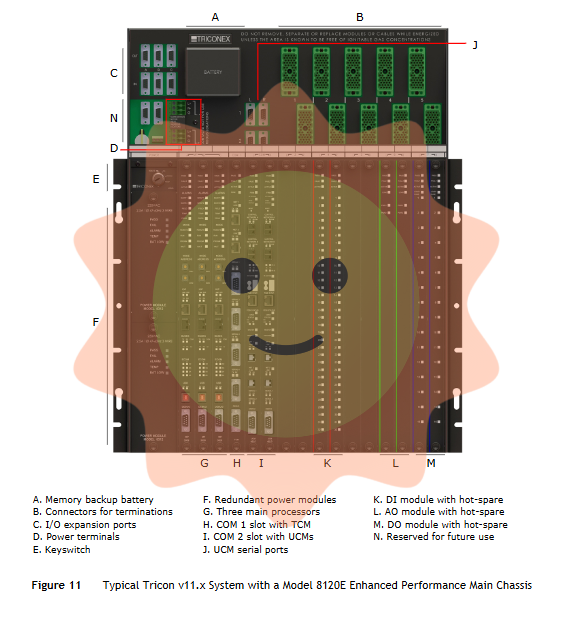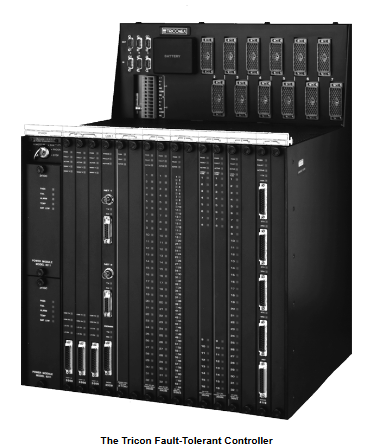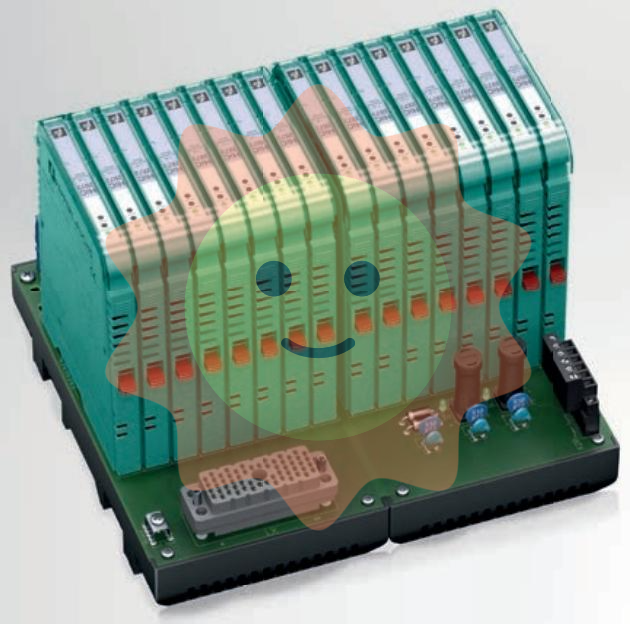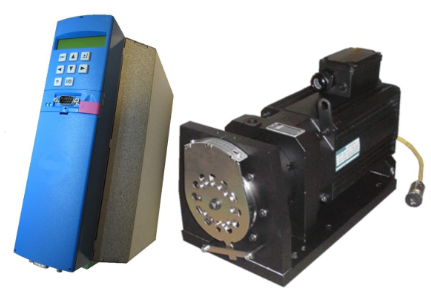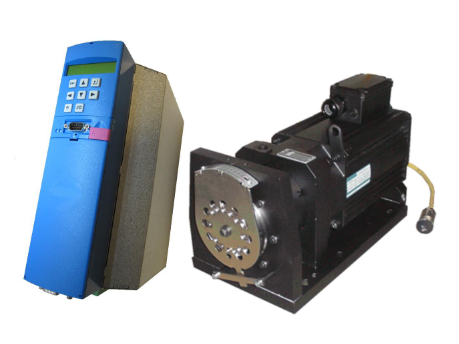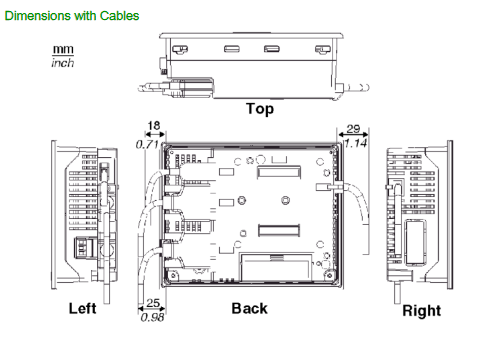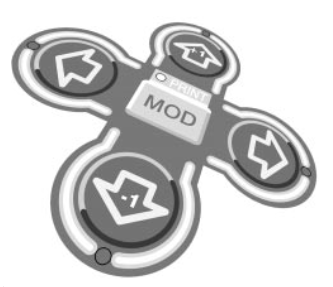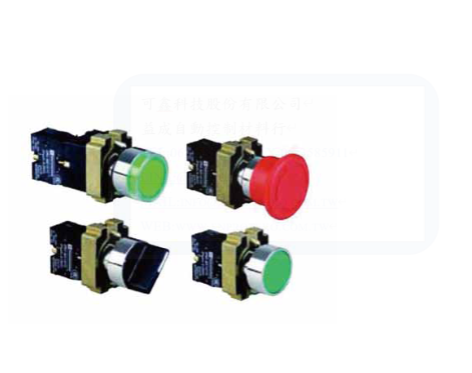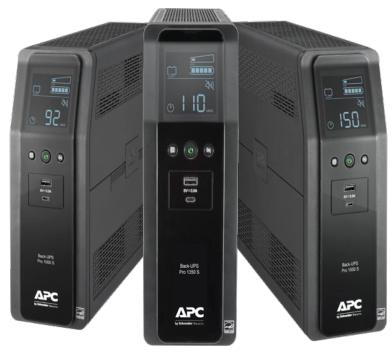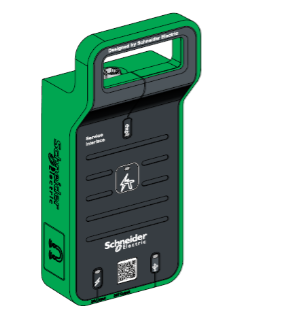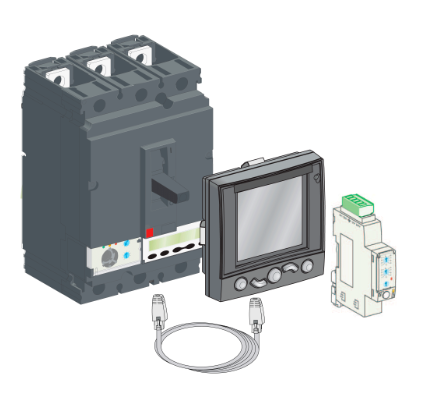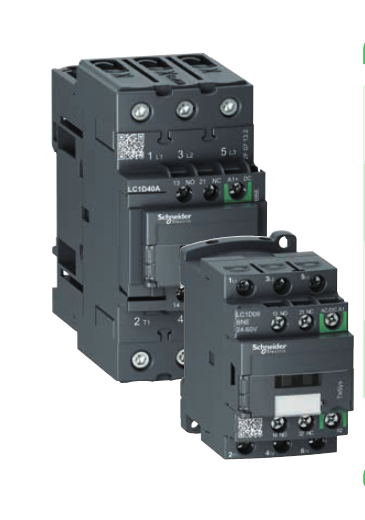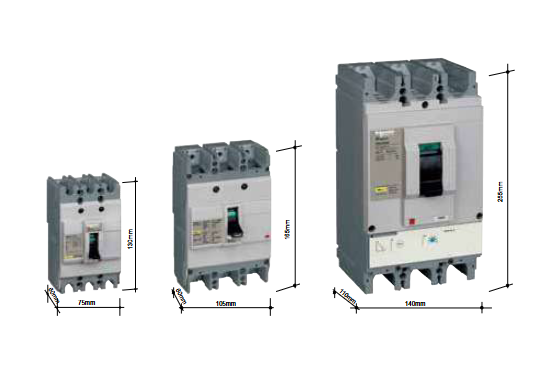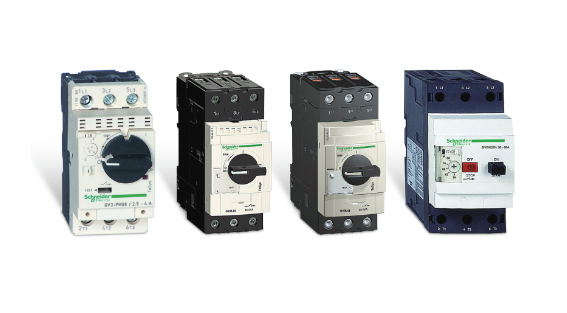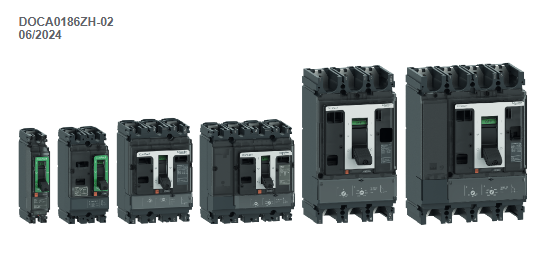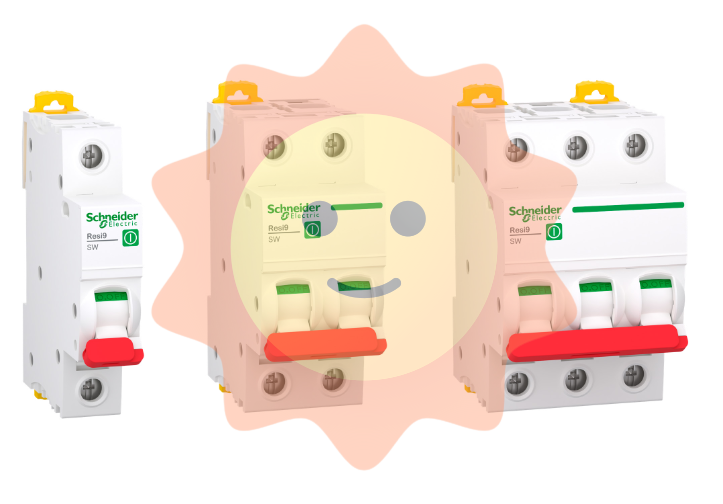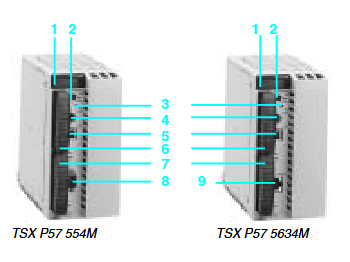ABB PCP04 CPU Component Module PCP 04 H&B Contronic
Basic Information
Model and series attribution: The ABB PCP04 CPU Component Module belongs to the H&B Contronic series launched by ABB in conjunction with Hartmann & Braun. The model number PCP04 identifies the specific functions and applications within the ABB product range, making it easy for users to identify when selecting and integrating systems.
Appearance and Physical Characteristics: Although the exact dimensions are not yet known, these modules are usually designed with ease of installation in industrial sites in mind. Its shell may use durable materials to resist physical damage, electromagnetic interference and other unfavourable factors in the industrial environment. The weight will also be designed to be more reasonable for easy installation in control cabinets and other equipment.
Performance Characteristics
Processing power:
As a CPU component module, the PCP04 has strong processing power. It can efficiently execute complex control algorithms and logic operations, and process a large number of input and output signals in real time. For example, in an automated production line, it can receive signals from various sensors (e.g. temperature sensors, pressure sensors, position sensors, etc.), quickly analyse these data and issue control commands according to pre-programmed rules, precisely controlling the operating status of motors, valves, conveyors and other equipment, thus ensuring the high efficiency and accuracy of the production process.
Communication interfaces:
Equipped with a variety of communication interfaces, this is one of the key factors in realising its wide application in industrial automation systems. These interfaces may include Ethernet interfaces, serial communication interfaces (e.g. RS-232, RS-485), and so on. Moreover, it supports a variety of industrial communication protocols, such as Profibus, Modbus, and so on. Through these interfaces and protocols, the PCP04 can easily communicate data with other devices. For example, it can interact with Programmable Logic Controller (PLC) to receive control commands from the host computer, and at the same time feed back its own status information and collected data to the host computer to achieve distributed control and centralised monitoring of the system.
Reliability and stability:
The use of high-quality electronic components and advanced manufacturing processes ensures reliability and stability in harsh industrial environments. It can work normally under high temperature, high humidity, strong electromagnetic interference and other conditions. For example, in the chemical production workshop, there are various chemical substances and complex electromagnetic environment, PCP04 can resist these unfavourable factors and operate continuously and stably, which reduces the interruption of production due to the failure of the module and improves the production efficiency.
Expandability:
It has good expandability and supports the addition of various expansion modules. Users can choose the appropriate extension module to expand its functions according to the needs of the actual application scenarios. These expansion modules can be analogue input and output modules, digital input and output modules or other special function modules. For example, in a system that requires additional analogue input channels to connect more sensors, the PCP04 can meet this need by adding analogue input expansion modules, thus flexibly adapting to different industrial control requirements.
Programming and configuration:
ABB provides easy programming and configuration tools for the PCP04. Users can write control programs through an intuitive graphical programming interface or programming language. With these tools, the user can easily set various parameters of the module, such as communication parameters, processing of input and output signals, and so on. For example, in a new industrial automation project, engineers can use these tools to quickly configure the PCP04, define the correspondence between the input and output signals and the actual devices, and write the control logic, thus improving the efficiency of system development.
Application Areas
Industrial automated production lines:
It is widely used in many industrial automation production lines such as automobile manufacturing, machining, and electronics manufacturing. In the automobile manufacturing line, PCP04 can control the machining accuracy of automobile parts and coordinate robots to carry out operations such as welding, painting and assembly of parts. In the field of machining, it can control the tool path, cutting speed and other parameters of the machine tool to ensure the processing quality. In electronics manufacturing, it can accurately control the placement position and soldering quality of electronic components.
Process control field:
It plays an important role in chemical, petroleum, pharmaceutical and other process control industries. It can monitor and control the temperature, pressure, material flow and other key parameters in the chemical reactor in real time to ensure the safety and stability of the chemical reaction. In the process of oil extraction and refining, PCP04 can control the extraction equipment of oil wells, the operating parameters of oil refining devices, such as the flow of oil pumps, oil temperature, etc., to improve the degree of automation and safety of the production process.
Energy Management System:
It is applied in energy management places such as substations, power plants and energy distribution centres. It can work with power monitoring equipment to collect and analyse energy data such as voltage, current and power in real time for rational distribution and scheduling of energy. For example, in the smart grid system, PCP04 can control the output power of power generation equipment according to the load condition of the grid, so as to realise energy saving, emission reduction and efficient use of energy.
Intelligent building automation system:
There are many applications in the building automation system of intelligent buildings. It can control the running speed and stopping floors of lifts, adjust the temperature, humidity and ventilation of HVAC systems according to indoor and outdoor environmental conditions, and achieve intelligent control of lighting systems. For example, automatically adjusting lighting brightness according to different time periods and personnel activities improves the building's energy efficiency and comfort.

- User name Member Level Quantity Specification Purchase Date
- Satisfaction :
-










